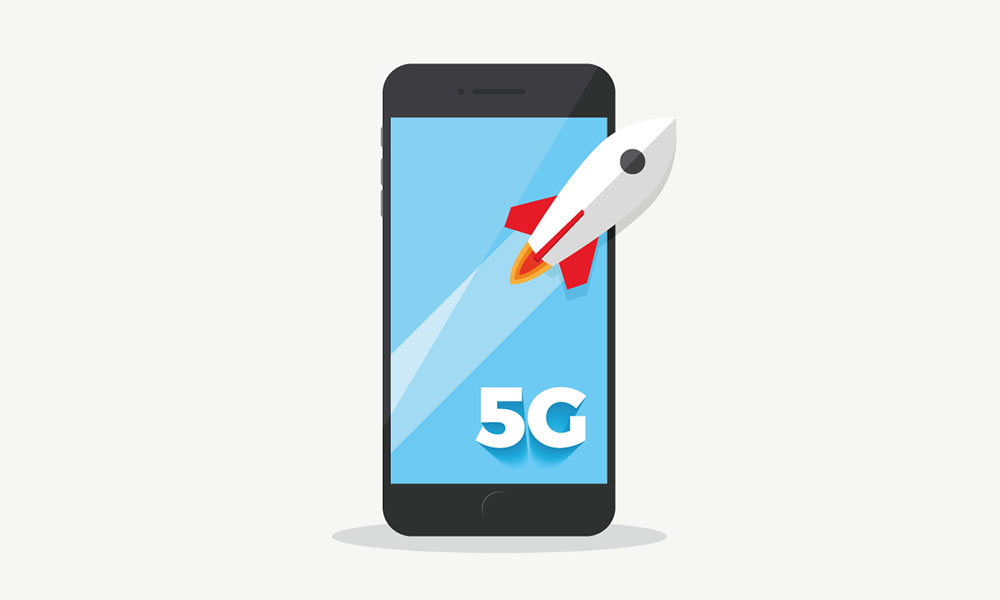
5G Mobile Internet : from the days of dial-up to the promise of Mega speeds
5G Mobile Internet. Those of a certain age will still remember the sound made by an old dial-up modem (along with the lengthy wait to download anything). The internet has come a long way since those days and it just keeps getting better and better.
Now, 5G is on the horizon and offers even more benefits.
5G Mobile Speed
Remember the days when text was all there was? With 4G, you can download an HD film in about 10 minutes. When 5G arrives, that time will be cut to under 10 seconds.
5G Mobile Latency
With 4G, response times average about 50 milliseconds, which may be blisteringly fast by the standards of dial-up, but can still seem like an eternity when compared to modern broadband.
5G, however, promises to slash this level of latency to a mere 1 millisecond, putting mobile data networks on a par with standard broadband.
5G Mobile Capacity
While latency may be frustrating, possibly the single, biggest problem with existing 4G networks is capacity. Quite simply, 4G just does not have enough bandwidth to support multiple users, particularly when they all want to undertake data-demanding activities at the same time.
This will be another scenario familiar to those who remember the old days of the internet. Gamers in particular leapt at broadband when it first arrived, in the hope that it would solve the issues of lag (latency), which had impeded their game-playing enjoyment. In the early days, their hopes were somewhat thwarted by “fair use” policies, which could see their “unlimited” broadband capped so that their provider could divert resources elsewhere.
This is basically where 4G is now.
Yes, it’s fast, but it’s not the high-speed utopia many people hoped it would be and users who were hoping to make the most of its theoretical capabilities are often being left disappointed. 5G is set to delight these users in the same way as the arrival of genuinely unlimited broadband pleased many internet users.
Users will finally have a mobile internet experience that is similar to regular broadband
At this point, even though mobile data has come on immensely since the days of WAP, there is a very good reason why users tend to use the term “mobile broadband” rather than just “broadband”.
From time to time, 4G may deliver a user experience that is comparable to using genuine broadband but, frankly, most of the time it doesn’t. It’s good, but it’s not that good. 5G is that good.
The way of the future
For the immediate future, 5G Mobile Internet will be used to do everything 4G does already, but do it (a lot) better. Expect even more dog and cat videos to be shared even more quickly and even more selfies to be uploaded at speed.
However, 5G Internet is being seriously regarded as a feasible way to get broadband access rolled out across the UK. Basically, 5G could be used to bridge the gap between broadband hubs and outlying areas, such as rural areas, where internet access is still often frustratingly slow.
It also paves the way for the mainstream rollout of exciting new technologies such as virtual reality and alternative reality.



